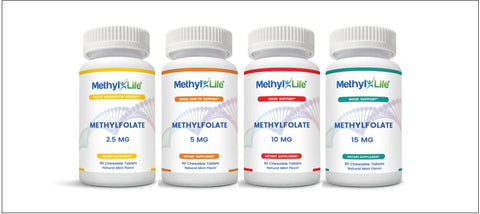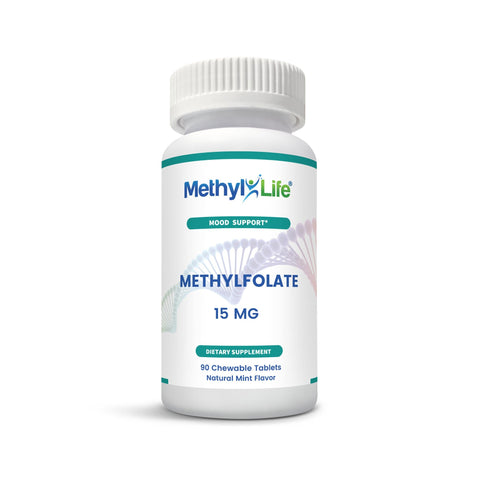Methylfolate has been evaluated as a safe and beneficial nutrient in numerous clinical studies. However, although rare, some people may experience certain side effects. Most of these are mild, but it’s essential to be aware of them and how to correct dosage ranges when experiencing them.
This article will cover the most common side effects associated with taking methylfolate and how to avoid them. We’ll also explain dosage requirements and the best options for taking methylfolate safely.









